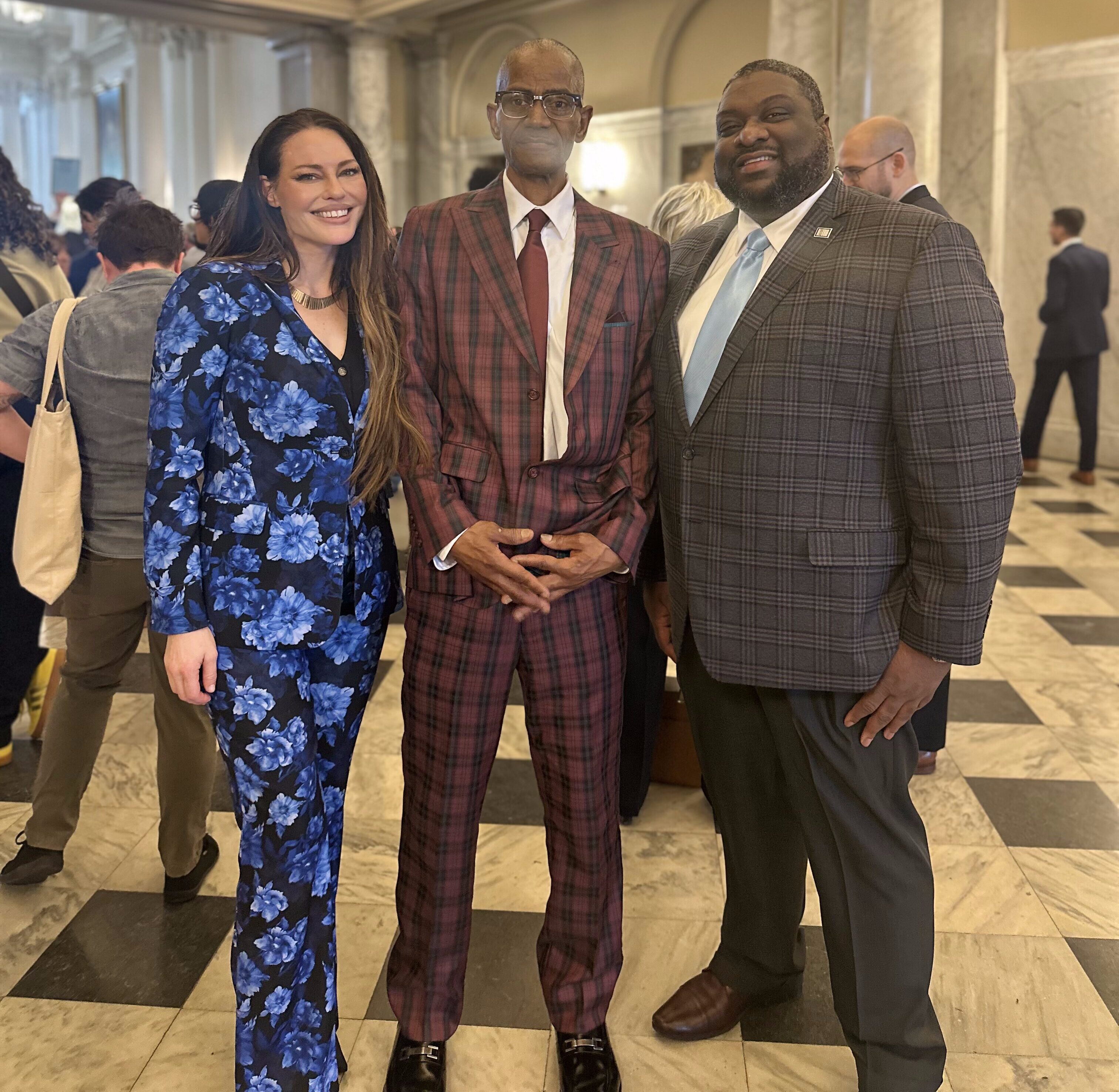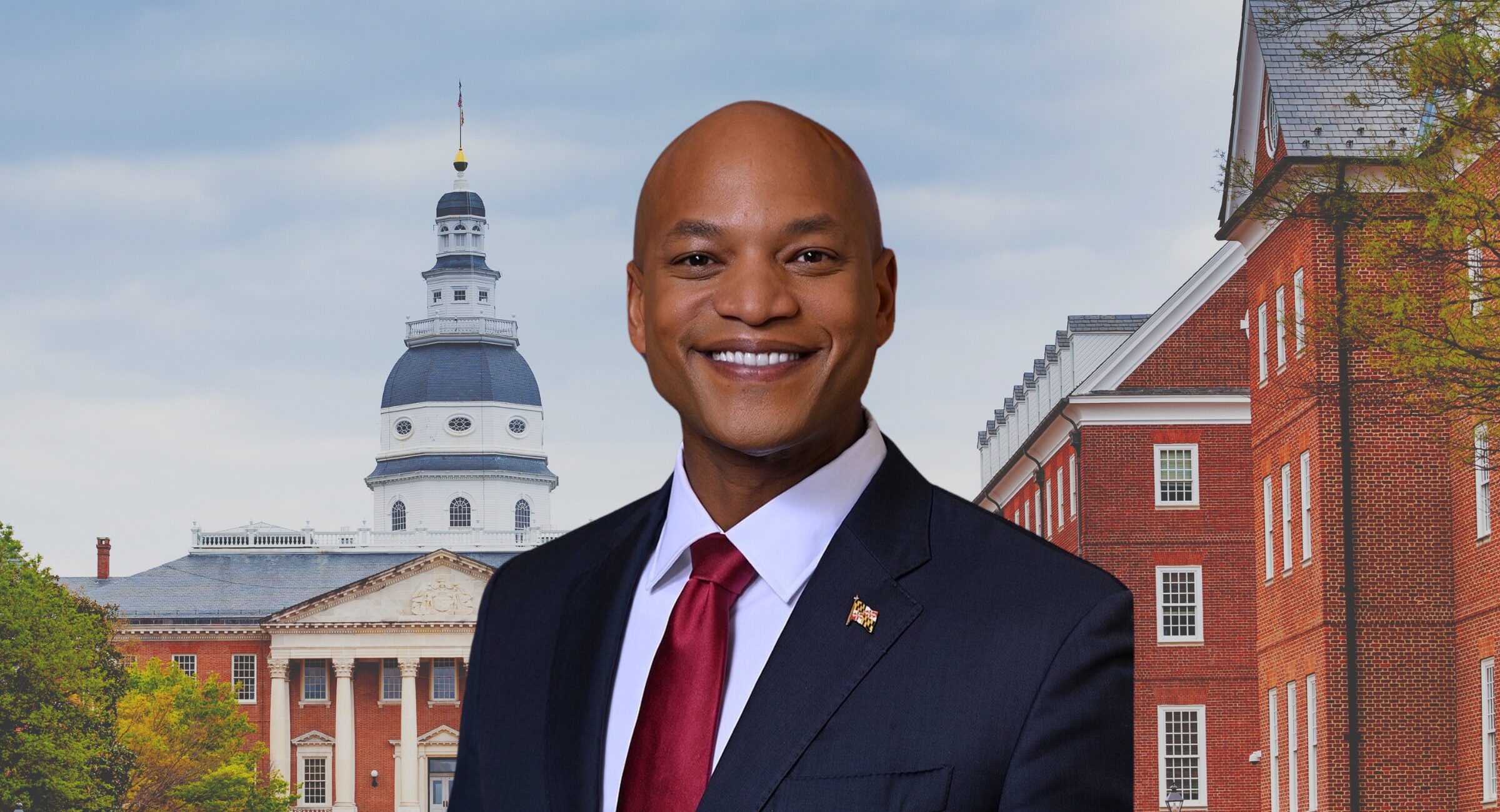We’re celebrating a huge victory today: Governor Wes Moore signed the Expungement Reform Act of 2025 into law, finally ending the absurd practice of permanently barring Marylanders from clearing their criminal records because of non‑criminal technical probation or parole violations, even violations that happened decades ago.
Maryland had already made historic strides with expungement, helping more than 150,000 people move forward with their lives. But an existing legal precedent, the Abeshik Decision, created an unexpected barrier. Per this decision, anyone who has ever received a technical violation while on probation or parole becomes permanently ineligible for expungement, even if they meet all other criteria.
Think about it. Because of the Abeshik Decision, missing a bus and being late for a check-in, misunderstanding a reporting requirement, or paying a fee one day late could doom you to carrying the heavy burden of a criminal record for life. Even if you would otherwise be eligible for other expungement pathways Maryland has enabled, you’re stuck for life. This is a trap – one that keeps people in poverty, keeps skilled workers out of jobs, and drains communities of talent and wealth.
Last August, at the Democratic National Convention in Chicago, REFORM Alliance convened Governor Moore and other rising stars to talk about smart on crime solutions proven not only to improve public safety but also to boost our economy, strengthen our workforce, and uplift our neighborhoods.
We heard firsthand how clearing old records unlocks employment, reduces recidivism, and lets people focus on contributing to their communities rather than being permanently defined by their past. It was an electric conversation that made clear: supervision reform and economic empowerment go hand in hand.
Today, REFORM’s Chief Policy Officer Erin Haney and Federal Organizer Britton Smith stood shoulder to shoulder with Maryland advocates who have fought for these reforms for decades–advocates like Reverend Carlos Battle.
Carlos, now a minister at New Shiloh Baptist Church and a mentor with We Our Us, battled addiction in the early 2000s. A relapse led to a technical violation that, under the old rules, kept him from ever clearing his record and locked him out of jobs and housing for years. Erin and Britton joined Carlos after the ceremony to celebrate this long‑overdue change and the new doors it opens for him and thousands of others.

Photo of Erin Haney, Carlos Battle, and Britton Smith
Maryland now joins neighbors like Pennsylvania, Connecticut, and Delaware in adopting automatic expungement policies that don’t punish people for minor supervision errors. The new law eliminates lifetime bans for technical violations, broadens the list of eligible offenses, and removes certain cannabis‑related convictions from public databases, giving people a genuine shot at rebuilding.
At REFORM, we believe deeply in second chances, personal responsibility, and the power of redemption. National data shows that individuals granted expungement are rearrested at just 6–8% within five years, compared to nearly 50% otherwise. When people are liberated from the burden of past mistakes, they’re better able to find work, earn wages, and strengthen the tax base. That leads to real impact: stronger families, safer communities, and a workforce able to meet the needs of Maryland businesses.
Today proves what we’ve said all along: supervision reform is economic empowerment. We’re grateful to Governor Moore, the General Assembly, and every advocate who pushed for this change. Now, Marylanders like Carlos Battle can move forward, pursue meaningful careers, and build wealth for their families. That’s a win for justice, a win for our economy, and a win for all of us.
This marks the 20th bill REFORM Alliance has helped pass and the 12th state where we’ve driven change through bipartisan coalitions, dedicated advocates, and working alongside the people directly impacted by the supervision systems we are working to transform. It took every bit of that collective effort to get here, and we’re more energized than ever to keep pushing. Onward.

